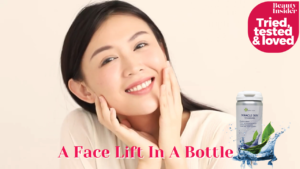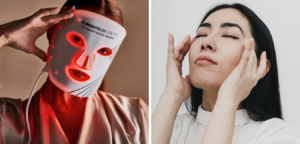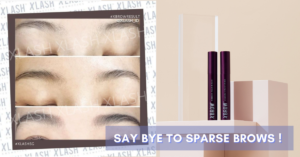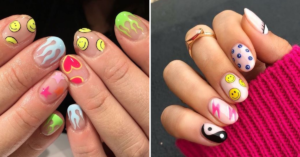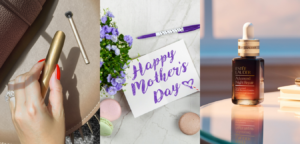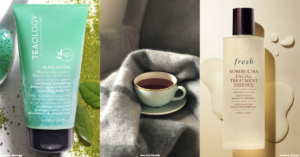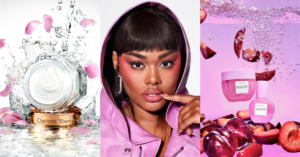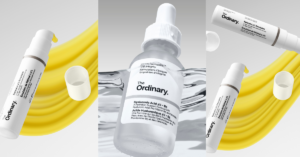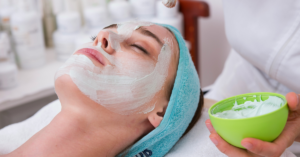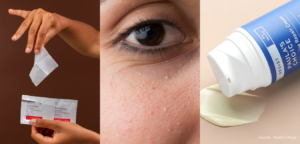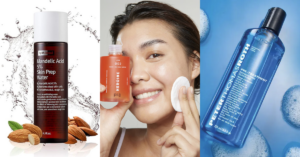Men, It’s Time To Talk About Eye Care And What You Need To Know About It
One of our most crucial senses is vision. Our sense of sight accounts for 80% of what we see. However,...
By: Beauty Insider Journalist / January 2, 2022
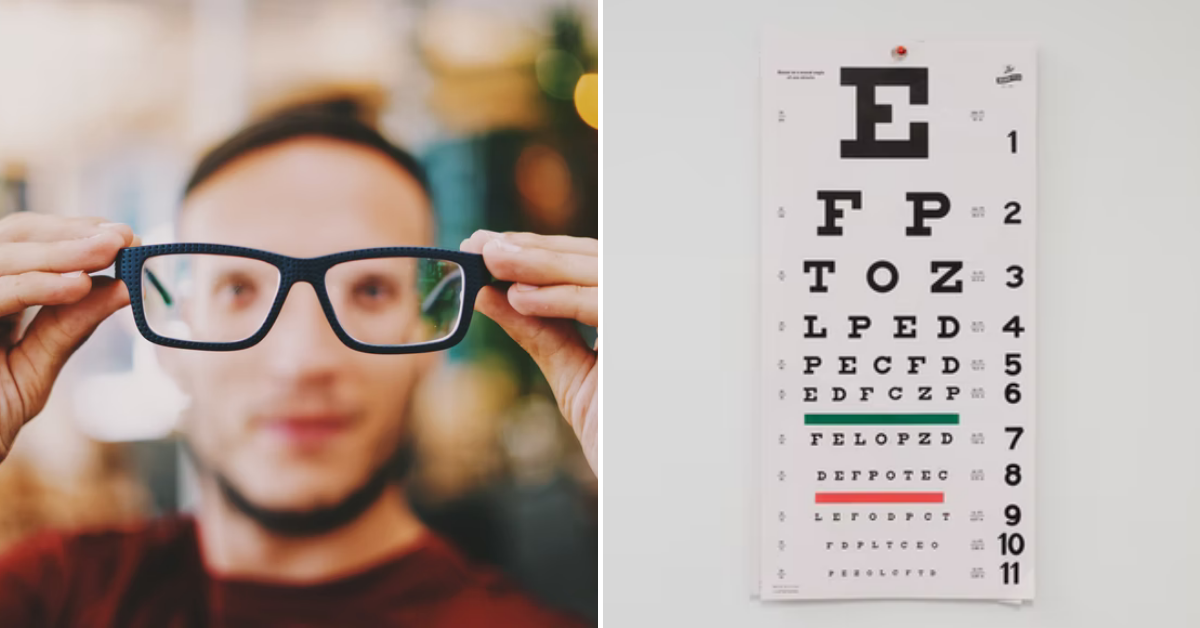
One of our most crucial senses is vision. Our sense of sight accounts for 80% of what we see. However, many of us are unaware of how fragile they are and the importance of keeping their health in check. That is why Beauty Insider is gathering info in this helpful article for you men all about eye care and what you can do.
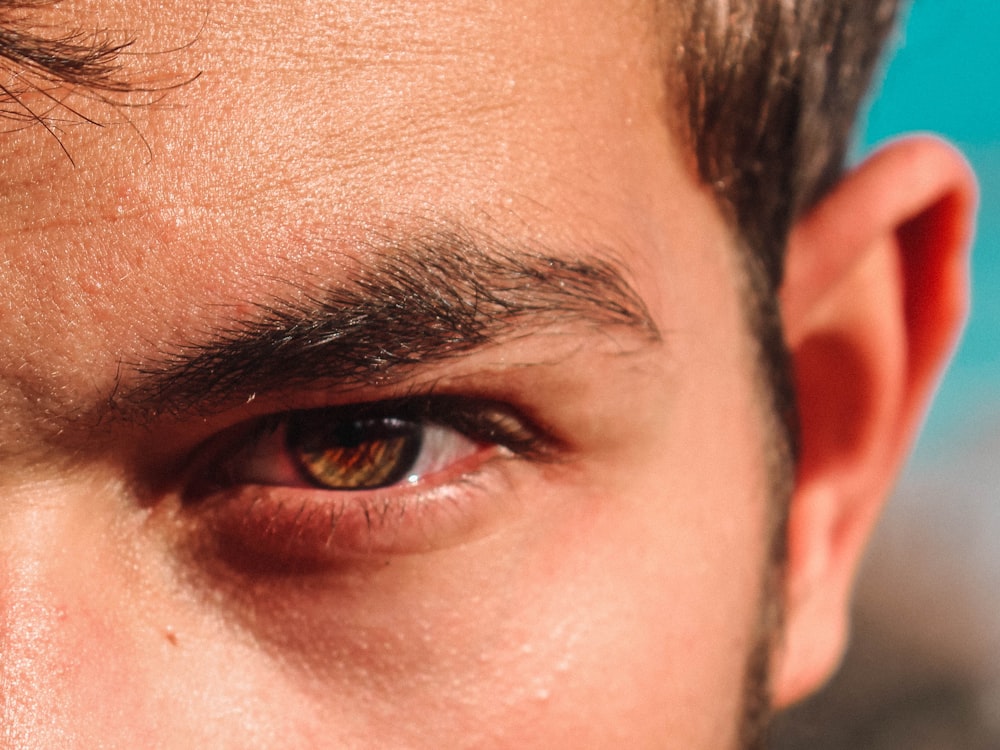
Your eyes are capable of incredible feats. They take in information and have a direct connection with your brain, allowing you to visually analyse the world around you, thanks to a complicated system. People don’t seem to care about their eyes as much as they should but unfortunately, they’re all guilty of it. When people don’t believe they have a visual problem, they commonly skip routine eye tests with an optometrist or ophthalmologist.
The Importance Of Eye Care
Reduced risk of eye diseases
Reducing your risk of age-related macular degeneration (AMD) and cataracts is one of the most important reasons to take care of your eyes. While there is no conclusive data on what can be done to avoid these vision impairments, some study suggests that eating an antioxidant-rich diet can assist. Lutein, zeaxanthin, Omega-3 fatty acids, Vitamins C and E, and Zinc are some of the finest antioxidants for eye health.
Lessen eye impairment
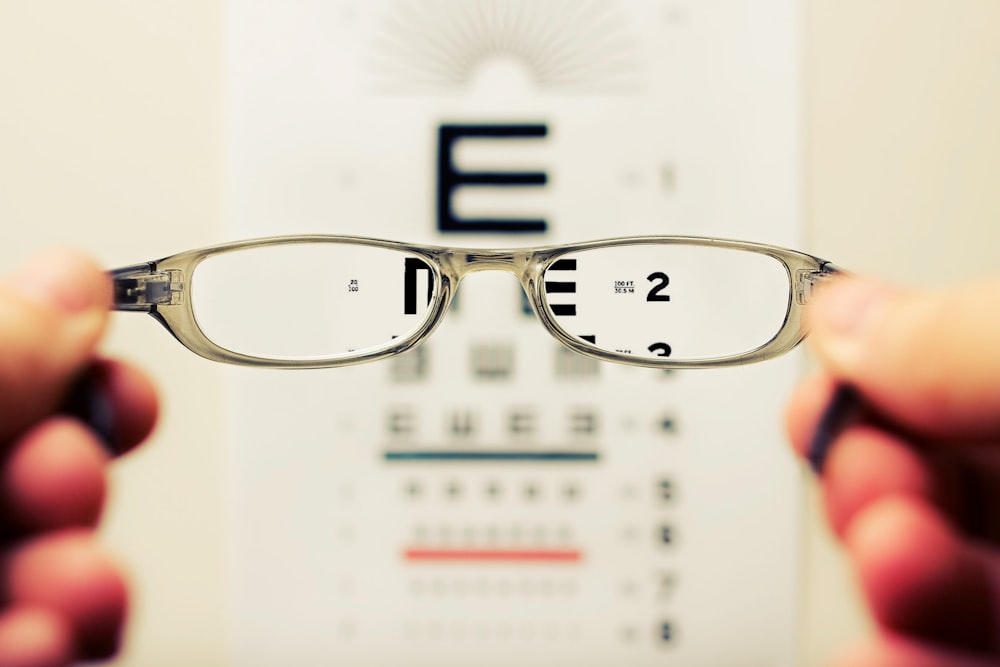
Choosing the proper type of eyewear for your lifestyle can help you avoid up to 90% of eye injuries. Knowing which glasses or contacts to purchase is crucial since eye injuries may influence how well you see and your general eye health. Wear the appropriate eyewear at all times, including at home, at work, and during sporting events. Sports goggles are beneficial to both children and adults because they provide exceptional eye protection and glare prevention.
Ability to detect eye condition
You may become more conscious of your eyesight if you take actions to care for your eyes. A trip to the eye doctor is required if you discover your vision is changing despite wearing your glasses all of the time or if you are experiencing any difficulties with your eyes. Squinting when you shouldn’t, hazy vision at varying distances and other indicators indicate that it’s time to get new glasses.
How To Take Care Of Your Eye For Men
Book regular eye examinations
Many individuals put off getting their eyes checked because they have quote-on-quote: excellent vision; yet good eyesight does not always imply ideal eye health. Many eye illnesses may not show any symptoms until they are advanced.
Early detection of an eye ailment makes it easier to treat and provides you with a higher chance of resolving the problem. If you don’t have any symptoms or visual difficulties, an eye check-up depending on your age is recommended. Adults between the ages of 20 and 39 should undergo a full eye check-up every two to three years since they are less prone to develop unexpected or quick vision loss.
Adults between the ages of 40 and 64 should undergo a full eye check-up every one to two years since their eyes are constantly changing throughout this period. Finally, persons over the age of 65 should get regular eye exams since they are more likely to acquire eye problems, impaired vision, or blindness.
Incorporate the right nutrition for eyes and focus on hydration
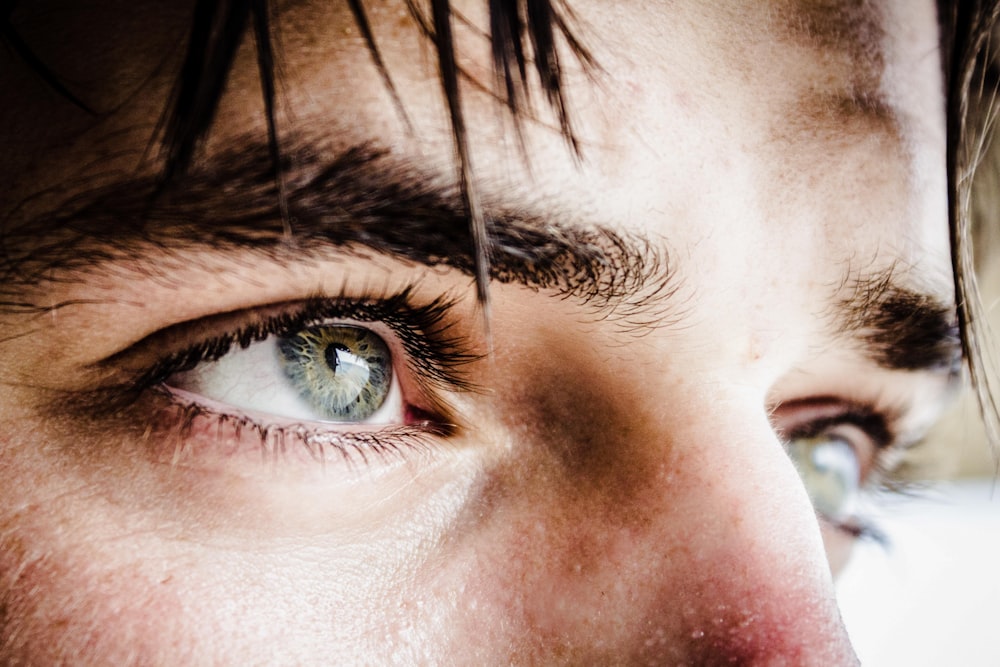
Vitamins, antioxidants, and minerals can help you enhance your eyesight and preserve your eye health by adding them to your diet. Nutrients including lutein and zeaxanthin, vitamin C, vitamin E, and zinc have been associated with a lower incidence of age-related macular degeneration and cataracts, according to studies. As a result, dark green leafy vegetables, as well as other colourful fruits and vegetables like broccoli, green peppers, and tomatoes, should be included in your diet.
Dehydration, especially when paired with frequent usage of a digital screen, can cause dry eyes and eye strain over time. Drinking enough water will help your body flush out excess salt and adequately hydrate your eyes, which helps lessen eye strain. Eye discomfort caused by dry eye or dehydration can also be relieved by blinking, closing the eye, and taking pauses from digital devices.
Your lenses should be updated when necessary
It’s not as rare as you may believe to have less than perfect eyesight. Approximately 75% of individuals wear glasses or contact lenses to correct their eyesight. Near-sightedness, far-sightedness, myopia, astigmatism, and other eye problems necessitate the use of glasses, each of which requires a distinct type of prescription. If you don’t already wear glasses, you might be on the verge of needing them as you get older.
People frequently outgrow their existing prescription lenses, necessitating a stronger prescription. To preserve healthy eyes, good vision, and a proper fit, it’s advised that you replace your glasses every 1 to 3 years. Updating your frames is a fun way to explore new styles and trends, which may help to provide diversity to your daily appearance. Put your old frames as a backup if they’re still in good shape. You may carry them on travels and keep them in your nightstand or car in case of an emergency.
Know your family health history
A family health history is a document that contains health information about your immediate family members. Children, siblings and sisters, parents, aunts and uncles, nieces and nephews, grandparents, and cousins all have information in a full record. Knowing your family’s medical history might assist you in determining your risk of developing eye illness or disorders. If you notice that several members of your family use glasses, make a note of it and inform your eye doctor—even better, if possible, provide their exact diagnosis.
Many inherited eye illnesses do not manifest symptoms until later in life, and they proceed without warning. As a result, telling your eye doctor about your family’s health history might help them spot problems sooner because they’ll know what to look for. As previously said, eye health is sometimes disregarded due to the sluggish progression of eye problems.
However, your eye health can have a significant impact on your current and future quality of life. As a result, it’s critical that you take safeguards today to protect your eyesight in the future.

